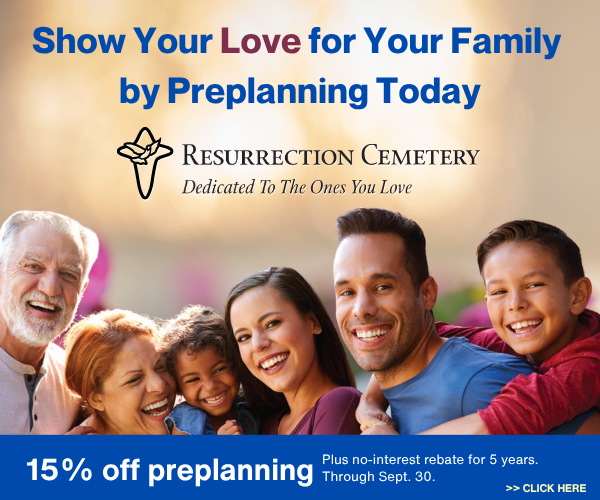(OSV News) -- With immigration an ongoing issue after the 2024 U.S. general election, three U.S. Catholic bishops issued a Nov. 14 statement of pastoral concern pledging support for immigrants.
"Compelled by the Gospel of Jesus Christ and recognizing the inherent dignity of each person as a child of God, we stand in firm solidarity with our immigrant brothers and sisters who live and labor in these United States," wrote Archbishop Timothy P. Broglio of the U.S. Archdiocese for the Military Services, president of the U.S. Conference of Catholic Bishops; Bishop Mark J. Seitz of El Paso, Texas, chairman of the USCCB's Committee on Migration; and Bishop Jaime Soto of Sacramento, chairman of the board for Catholic Legal Immigration Network Inc.
Known as CLINIC, the network is a Maryland-based nonprofit that provides advocacy, training and support for more than 400 Catholic and community-based immigration law providers in 49 U.S. states.
The bishops noted that "from the founding of our nation, immigrants have been essential to this society's growth and prosperity."
"They come to our shores as strangers, drawn by the promises this land offers, and they become Americans," said the bishops. "They continue to provide food security, health services, and many other essential skills that support our prosperous nation."
According to data from the Pew Research Center, immigrants currently account for 14.3% of the U.S. population -- the highest level since 1910, but still less than the 14.8% marked in 1890.
Data for 2022 showed that the majority of immigrants (77%) are in the U.S. legally, with close to half (49%) being naturalized citizens, just under a quarter (24%) lawful permanent residents and 4% legal temporary residents. Slightly less than one quarter (23%) are unauthorized.
While President-elect Donald Trump has pledged to deport millions of undocumented immigrants, the bishops said in their statement that "our country deserves an immigration system that offers fair and generous pathways to full citizenship for immigrants living and working for many years within our borders."
In particular, they said, "We need a system that provides permanent relief for childhood arrivals, helps families stay together, and welcomes refugees."
With much of global migration driven by conflict and natural disaster, the bishops stressed the need to "develop an effective asylum system for those fleeing persecution."
Under international human rights law -- such as the U.N.'s 1951 Refugee Convention and its 1967 Protocol, the latter of which the U.S. acceded to in 1968 -- the fundamental principle of non-refoulement provides that refugees cannot be expelled to territories where substantial threats to life or freedom exist.
At the same time, the bishops called for "an immigration system that keeps our borders safe and secure, with enforcement policies that focus on those who present risks and dangers to society, particularly efforts to reduce gang activity, stem the flow of drugs, and end human trafficking."
Catholic social teaching on immigration balances three interrelated principles -- the right of persons to migrate in order to sustain their lives and those of their families, the right of a country to regulate its borders and control immigration, and a nation's duty to regulate its borders with justice and mercy.
The bishops said the U.S. "should have an immigration system that protects vulnerable migrants and their families, many of whom have already been victimized by criminal actors."
"Together, we must speak out on behalf of the 'huddled masses yearning to breathe free' and ask our government to provide fair and humane treatment for our beloved immigrant brothers and sisters," said the bishops, quoting a line from poet Emma Lazarus' "The New Colossus," the full text of which is inscribed on the base of the Statue of Liberty. "It is our hope, and our prayer, that all of us can work together to support a meaningful reform of our current immigration system."










